In this article, I discuss how to improve your relationships by using skills from cognitive behavioural therapy.
In my work as a Calgary psychologist and a Cochrane psychologist, I see a lot of couples who want help in improving their relationships. Much of the work involves applying skills from Dr. John Gottman’s Sound Relationship House model. These skills focus on two main parts of the ‘relationship house’—how well the couple manages conflict and how good a ‘relationship friendship’ they have. Skills to manage conflict entail learning how to communicate constructively about issues while friendship-building skills involve the couple spending time connecting with each other and nurturing each other’s preferred ‘love languages’.
Couples who consistently apply Gottman’s skills to manage conflict and build friendship typically improve their relationships. Unfortunately, in many instances couples struggle in having the motivation to use the skills and stay consistent at them to the point that their relationships improve. A factor which plays a key role in this lack of motivation and inconsistency is negative thinking the partners have about each other and their relationship. When couples have these negative thoughts, they then experience negative emotions which detract from their motivation to use the skills from Gottman’s model.
Fortunately, skills from cognitive behavioural therapy (CBT) can be used by couples to change these negative thinking patterns with a resulting positive effect on their emotions and an increase in their motivation to use the skills from Gottman’s model so that their relationships improve. In the following sections, I will discuss how couples can use these CBT skills to address negative thinking patterns so that their relationships improve.
How ‘hot thoughts’ affect relationships
Hot thoughts are negative thoughts people have in response to events that occur during their day at work, in social situations and in other settings. In the context of this article, partners will often experience hot thoughts in response to events in their relationships.
Hot thoughts add to the distress people experience because they are overly negative. That is, they contain ‘cognitive distortions’ such as jumping to conclusions, overgeneralization, mind-reading and focusing on the negatives while ignoring the positives. For example, your partner arriving late for a dinner with you may result in your having hot thoughts like “She doesn’t care about me” or “He is selfish”. Hot thoughts like these add to the intensity of negative emotions you experience in these situations such as anger, frustration and sadness.
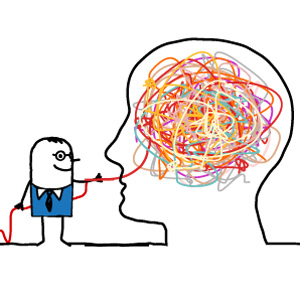
In turn, the strong emotions stemming from hot thoughts can result in your displaying negative behaviours toward your partner in response. This reaction is likely to produces a negative response from your partner, leading you to have more hot thoughts and the strong emotions accompanying them followed by more negative behaviours displayed toward them. If this cycle goes unchecked, it can lead to the ongoing presence of hot thoughts, strong emotions and negative behaviours. This will make it very difficult for you and your partner to communicate constructively about issues. It will also decrease the motivation for you and your partner to engage in activities to nurture your relationship friendship.
How to address hot thoughts in your relationship using the ‘three C’s’
Fortunately, thought records are a CBT tool which can be used to help you and your partner break this negative cycle by using the ‘three Cs’ of the hot thoughts—catching them, checking them and changing them. Catching hot thoughts involves identifying them by writing down in a thought record the ‘automatic thoughts’ which enter your mind when you experience strong emotions in everyday situations. You can then use the thought record to check your hot thoughts with evidence to identify the cognitive distortions in them. Finally, you can use thought records to change your hot thoughts to more accurate ‘balanced thoughts’ which do not contain the cognitive distortions which are present in hot thoughts.
Balanced thoughts lower the intensity of negative moods and lead to better behavioural reactions toward your partner. This helps to improve your ability to use Gottman’s conflict management skills such as constructive communication. It also increases both partners’ motivation to connect with each other so that the relationship friendship remains strong.
A psychologist who specializes in cognitive behavioural therapy can help you to learn and practice the skills discussed in this article.
May you catch, check and change hot thoughts to improve your relationships,
-Dr. Pat

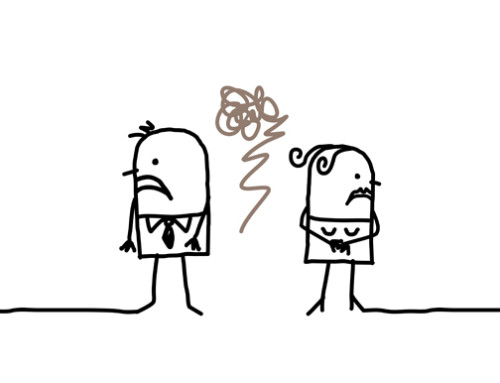
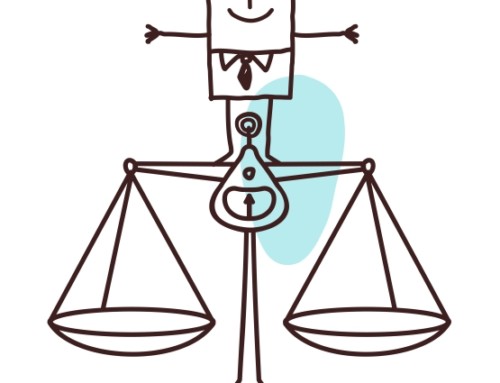
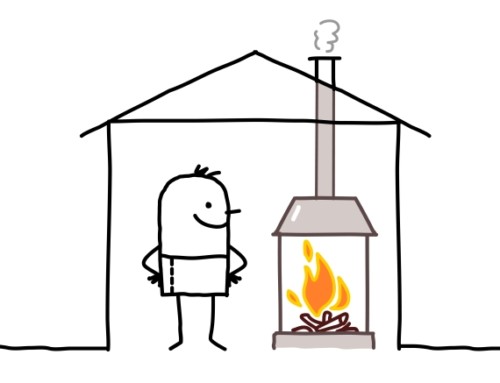
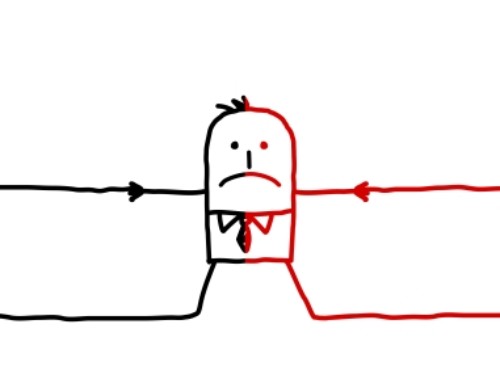
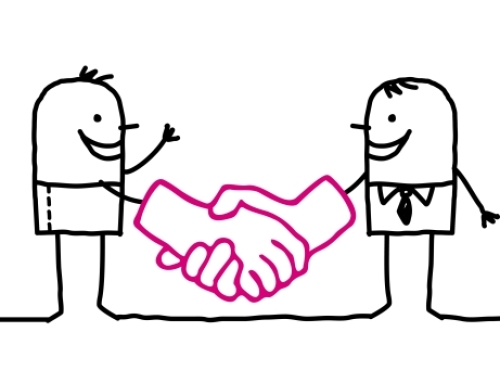
Leave A Comment